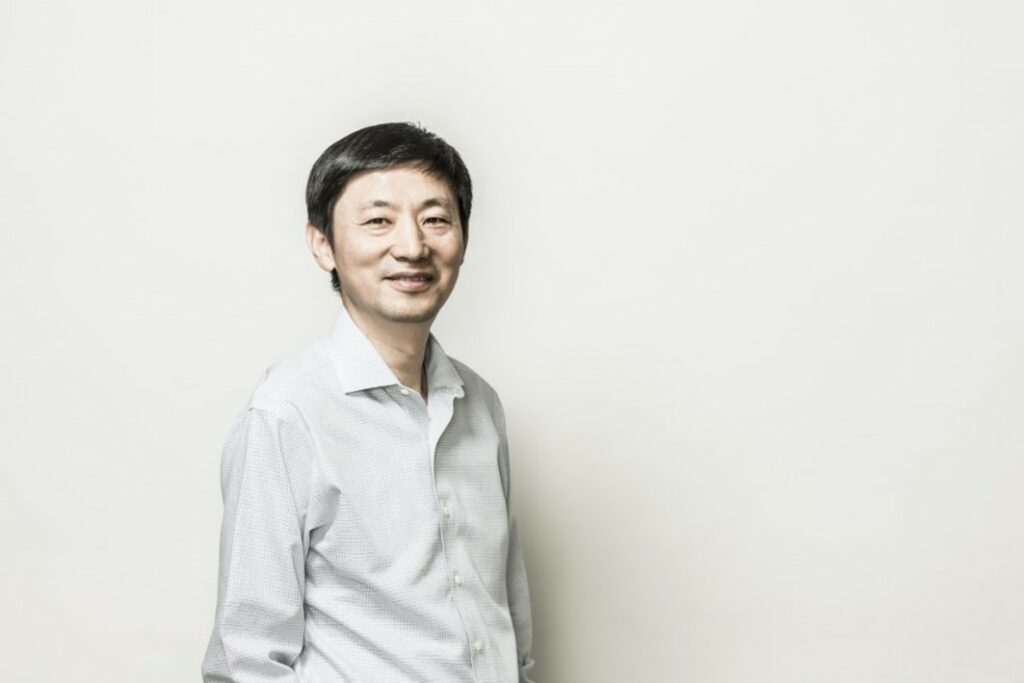
York University Professor Yong Lian has earned recognition for his work in biomedicine, advancing circuits and systems to aid the development of in-home devices for disease prevention and detection.
Lian, from the Department of Electrical Engineering & Computer Science at the Lassonde School of Engineering, was honoured with the Institute of Electrical and Electronics Engineers (IEEE) Circuits and Systems Society Mac Van Valkenburg Award, recognizing his years of technical excellence, global impact, and research contributions as one of the pioneering researchers who founded and established the evolving field of biomedical circuits and systems.

Over his career, Lian’s research has focused on wearable and implantable biomedical circuits used for applications ranging from seizure detection to heart monitoring. In addition to helping coin the term "biomedical circuits and systems (BioCAS)" and guiding the progression of the field, he has aimed to provide accessible solutions for early detection and prevention of various health conditions such as cardiovascular disease. Furthermore, his work may facilitate better home care for outpatients and reduce their need for frequent hospital visits.
In addition to the Mac Van Valkenburg Award, Lian was also honoured recently by IEEE with the Transactions on Biomedical Circuits and Systems Best Paper Award for research titled "A 13.34uW Event-Driven Patient-Specific ANN Cardiac Arrhythmia Classifier for Wearable ECG Sensors."
Working together with his PhD students, Lian developed an energy-efficient solution for wearable electrocardiogram (ECG) devices, which are used to identify cardiovascular problems by detecting irregular heartbeats. The proposed solution reduces the power required to detect these abnormalities, allowing for longer usage time and smaller devices.
“Cardiovascular disease is the number one killer in the world,” says Lian. “That is why we’re looking at solutions in this area. We need to develop wearable and cost-effective systems that are convenient for patients to use in order to help detect early warning signs of cardiovascular diseases and reduce hospital visits.”
Typically, ECG sensors constantly monitor a patient’s heart rhythm, whether an irregularity is detected or not. Sensors that can be used at home collect raw ECG data and wirelessly transmit it to a mobile phone – this requires a large amount of energy and limits battery life. Professor Lian’s work proposes a novel, event-driven approach to reduce the amount of ECG data collected by allowing an artificial neural network to only process data that can be used to classify different types of cardiac arrhythmia. This way, the device can save energy by focusing on critical events, rather than using excess power to monitor the heart’s constant rhythm.
As a further testament to his prestige, Lian was also recently elected as the first Canadian IEEE Division I director for the 2024-25 period. IEEE is the world’s largest technical professional organization dedicated to technological innovation and advancement for the benefit of humanity.
“The main purpose of this role is to help shape the IEEE as a whole, not just my division,” he says. “I will support collaboration between researchers and engineers, as well as look at how we can meet industry needs, underdeveloped regions and IEEE members in our changing world."
